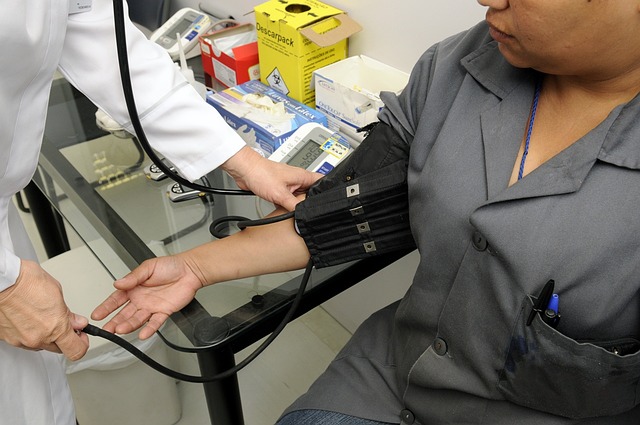Betting on Luck: A Guide to Risk Assessment in Gambling
Gambling has always been a game of chance, filled with adrenaline and hope. For many, it’s the thrill of placing a bet that excites the senses, but behind the flashing lights and the sounds of spinning reels lies a critical aspect that can affect the outcome of any gamble: risk assessment. Understanding risk assessment is not just about crunching numbers; it’s about developing a mindset that balances excitement with responsibility.
The Nature of Gambling
At its core, gambling is intended to be entertaining. But what happens when the stakes rise, and the stakes become too high? Knowing how to assess risk is crucial for maintaining control over your gambling habits. Whether you’re playing the slots, betting on sports, or engaging in poker, the thrill of potential winnings must always be weighed against the real possibility of loss. Every decision made in these scenarios is laced with risk, and understanding that can safeguard against reckless behavior.
Understanding Your Odds
Before placing any bets, it’s essential to understand the odds of the game you’re participating in. Different games have different probabilities of winning, and the house always has an edge. By familiarizing yourself with these odds, you can make informed decisions about how much to wager. This is where risk assessment truly begins—it’s about recognizing when to press your luck and when to walk away. Taking the time to analyze the game’s odds keeps your expectations realistic and helps in formulating a sensible betting strategy.
Setting Personal Limits
One of the most effective strategies for risk assessment in gambling is establishing clear personal limits. How much are you willing to lose? Set a budget before you even step foot in a casino or open that sports betting app, and stick to it. This self-imposed limit serves as a safeguard against impulsive decisions driven by emotions or the thrill of the game. Risk assessment involves not only a keen understanding of the game’s dynamics but also a strong discipline in managing your bankroll wisely.
The Role of Emotions
Gambling can evoke a rollercoaster of emotions, from elation after a win to despair after a loss. These feelings can cloud judgment and lead to poor risk assessments. Recognizing emotional triggers is an essential part of responsible gambling. When emotions begin to rise, it might be time to take a step back. Engaging in a more analytical approach can help temper the desire to chase losses or bet impulsively on gut feelings. Always ask yourself: Are your emotions influencing your judgment?
Utilizing Resources and Support
When delving into the world of gambling, it’s essential to know that you’re not alone in this journey. There are numerous resources available for those who wish to better understand risk assessment in gambling. Educational materials, forums, and support groups can provide valuable insights and coping strategies. Don’t hesitate to reach out for help; legitimate resources exist to promote responsible gambling and ensure that the fun remains intact.
The Bigger Picture
Ultimately, gambling should be seen as a form of entertainment, not a way to make money. Assessing risk enables you to approach gambling with a healthy mindset. By understanding the mechanics, setting boundaries, and keeping emotions in check, you can enjoy the thrill of the gamble without falling victim to its pitfalls. As in life, being aware of risks and making informed decisions can lead to more enjoyable—and less stressful—experiences.




